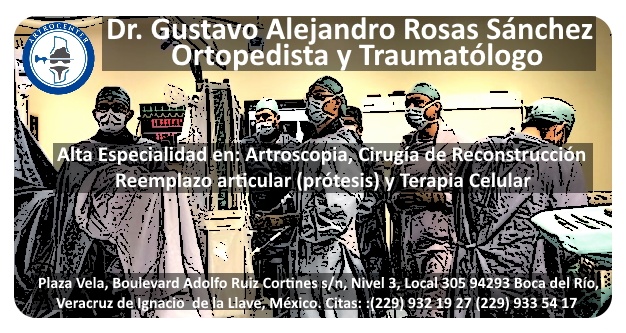El método PCL-PCA proporcionó la mayor precisión para medir la deformación del LCP, representativo de la traslación tibial anterior y la mejor discriminación de rodillas con LCA intacta y deficiencia de LCA.
https://link.springer.com/article/10.1007/s00167-022-07145-6
The PCL-PCA method provided the highest precision to measure of the buckling PCL, representative of anterior tibial translation and the best discrimination ACL-deficient and ACL-intact knees#kneesurgery #ACLrehab #sportsmedicine #radiology
— Knee Surgery, Sports Traumatology, Arthroscopy (@KSSTA) January 15, 2023
Link: https://t.co/UvRXnsQzuB pic.twitter.com/Cstate0BPp
- El objetivo era validar un nuevo método de resonancia magnética para medir el fenómeno de deformación del LCP, representativo de la traslación tibial anterior, comparando su confiabilidad y precisión para identificar rodillas con deficiencia de ligamento cruzado anterior (LCA) con los métodos existentes.
- En comparación con los métodos descritos anteriormente, el PCL-PCA fue el método más fiable y preciso para medir el fenómeno de deformación del PCL en la resonancia magnética en rodillas con deficiencia del ligamento cruzado anterior (LCA). Ofrece un método fácil y objetivo para el seguimiento de pacientes con lesión del LCA y, por lo tanto, puede recomendarse para uso rutinario.
https://pubmed.ncbi.nlm.nih.gov/36057669/
https://link.springer.com/article/10.1007/s00167-022-07145-6
Siboni R, Pioger C, Mouton C, Seil R. The posterior cruciate ligament-posterior femoral cortex angle: a reliable and accurate MRI method to quantify the buckling phenomenon of the PCL in ACL-deficient knees. Knee Surg Sports Traumatol Arthrosc. 2023 Jan;31(1):332-339. doi: 10.1007/s00167-022-07145-6. Epub 2022 Sep 3. PMID: 36057669.
© 2022. The Author(s) under exclusive licence to European Society of Sports Traumatology, Knee Surgery, Arthroscopy (ESSKA).

